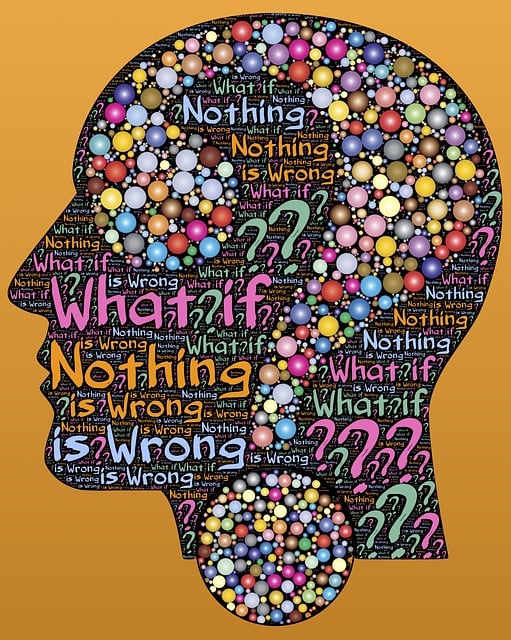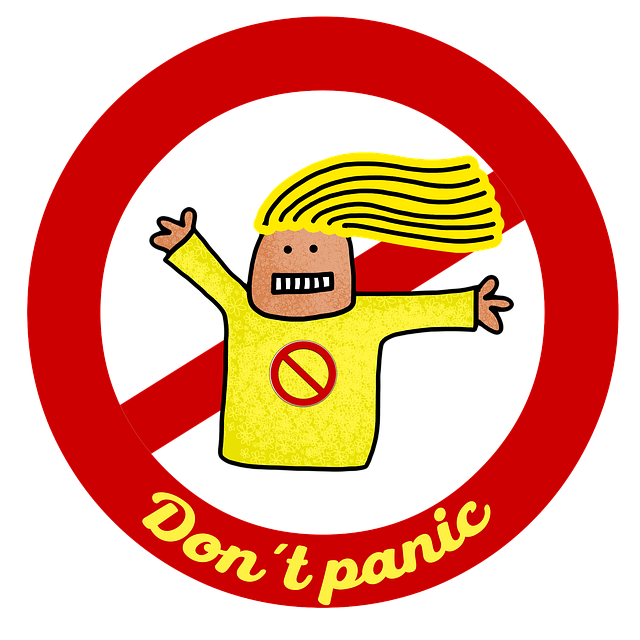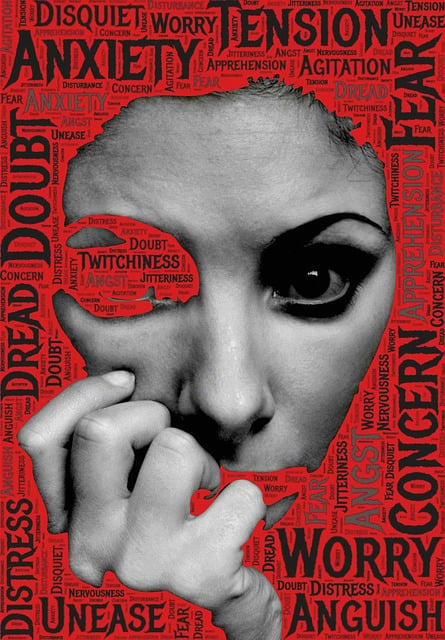Social anxiety, driven by genetic factors, negative experiences, and cognitive distortions, manifests as fear and panic in social settings. Effective management relies on personalized therapeutic interventions like Cognitive Behavioral Therapy (CBT) and Exposure Therapy, which address thought patterns and teach coping mechanisms. Mindfulness, meditation, group therapy, art therapy, and animal-assisted programs are emerging holistic tools. Long-term success necessitates ongoing CBT, self-care, and support groups, fostering resilience against anxiety relapses.
Social anxiety can significantly impact daily life, but there are effective therapeutic services available. This comprehensive guide explores various approaches to managing and overcoming social anxiety. From understanding its symptoms and causes to delving into specific therapies like Cognitive Behavioral Therapy (CBT) and Exposure Therapy, we provide practical strategies for anxiety reduction. Additionally, we discuss mindfulness techniques, group therapy benefits, alternative therapies, and long-term management tips, empowering individuals to take control of their mental health and find lasting relief from anxiety treatment.
Understanding Social Anxiety: Symptoms and Causes

Social anxiety, also known as social phobia, is a common mental health condition characterized by an intense fear of social situations and interactions. Individuals experiencing this anxiety often worry excessively about being judged, humiliated, or criticized by others, which can significantly impact their daily lives. Symptoms can range from feeling nervous and self-conscious to more severe manifestations like panic attacks triggered by social encounters.
Several factors contribute to the development of social anxiety. Genetic predisposition plays a role, suggesting that some individuals may be genetically susceptible. Environmental influences, such as negative social experiences or overprotective parenting, can also trigger this condition. Moreover, cognitive distortions, where individuals interpret situations negatively and exaggerate potential threats, are key contributors to maintaining and exacerbating social anxiety symptoms, highlighting the need for professional anxiety treatment.
Therapeutic Approaches for Effective Treatment

Social anxiety, a common yet debilitating condition, can be effectively addressed through various therapeutic approaches tailored to meet individual needs. Cognitive Behavioral Therapy (CBT) is one of the most widely recognized and successful methods for anxiety treatment. CBT focuses on identifying and changing negative thought patterns and behaviors that contribute to social anxiety, empowering individuals to face their fears in a structured manner. This approach encourages patients to challenge distorted beliefs about social situations, fostering a more realistic and positive perspective.
Another powerful tool is Exposure Therapy, which involves gradual and controlled exposure to feared social scenarios. By facing these situations step by step, individuals can learn to manage their anxiety responses, build confidence, and ultimately reduce the intensity of their anxious reactions over time. Combining these evidence-based therapeutic techniques with other strategies like relaxation training and mindfulness practices can significantly enhance anxiety treatment outcomes, enabling those affected by social anxiety to lead more fulfilling lives.
Cognitive Behavioral Therapy (CBT): A Step-by-Step Guide

Cognitive Behavioral Therapy (CBT) is a structured and evidence-based approach to anxiety treatment, focusing on identifying and changing negative thought patterns and behaviors. The process begins with a thorough assessment where therapists help individuals recognize their triggers and unhelpful cognitive distortions. Through this evaluation, patients gain insights into their unique challenges and set specific goals for therapy.
Next, CBT involves learning to challenge and replace irrational thoughts with more realistic and positive ones. This step-by-step guide teaches individuals coping strategies like relaxation techniques and gradual exposure to feared situations. By facing anxieties in a controlled manner, patients build resilience and learn to manage their symptoms effectively. The therapy also encourages the development of healthier behaviors and thought processes, fostering long-term mental well-being and improved quality of life.
Exposure Therapy: Facing Fears in a Safe Environment

Exposure therapy is a powerful technique within the realm of anxiety treatment, specifically designed to help individuals confront and overcome their fears in a safe and controlled environment. By gradually exposing clients to situations or objects that trigger their social anxiety, therapists enable them to face their worries head-on. This process starts with less intimidating scenarios and progressively moves towards more challenging ones, allowing individuals to build confidence and realize that their feared outcomes are unlikely to occur.
Through exposure therapy, folks can learn coping strategies and discover that their fears often lack substance. The approach empowers them to take back control, enabling them to engage in social interactions without the overwhelming sense of anxiety. This therapeutic method offers a transformative experience, helping clients develop resilience and a newfound sense of self-assurance in social settings, which is crucial for managing and reducing social anxiety symptoms effectively.
Mindfulness and Meditation Techniques for Anxiety Reduction

Mindfulness and meditation have emerged as powerful tools within the realm of anxiety treatment. These techniques encourage individuals to focus on the present moment, observing their thoughts and feelings without judgment. By cultivating awareness, people can learn to recognize triggers and develop a greater sense of calm. Meditation practices vary, from guided visualizations to simple breathwork exercises, allowing for personalized approaches to managing anxiety.
Regular mindfulness practice has been shown to reduce symptoms of social anxiety by promoting self-acceptance and emotional regulation. It enables individuals to navigate challenging situations with greater ease, fostering confidence in their ability to handle stress. Many therapeutic services now incorporate these ancient practices into modern anxiety treatment plans, offering a holistic approach to healing and personal growth.
Group Therapy Sessions: Building Supportive Communities

Group therapy sessions play a pivotal role in anxiety treatment, offering individuals struggling with social anxiety a supportive and understanding environment. In these settings, participants can connect with others facing similar challenges, fostering a sense of belonging and community. By sharing experiences and strategies, group members learn that they are not alone in their struggles, reducing feelings of isolation often associated with anxiety disorders.
These sessions encourage active participation, where individuals can express their fears, concerns, and successes in a safe space. Facilitated by trained professionals, the groups promote open communication, emotional expression, and peer support. Over time, this collective approach to anxiety treatment equips participants with valuable coping mechanisms, enhances social skills, and builds resilience, ultimately helping them navigate social situations more confidently.
Alternative Therapies: Art, Music, and Animal-Assisted Programs

In addition to traditional talk therapy, alternative therapies are emerging as effective tools in anxiety treatment. Art therapy provides a unique approach where individuals can express their emotions and fears through creative means, offering a non-verbal outlet for self-exploration and healing. Creating art can be a calming and grounding experience, helping to reduce anxiety symptoms and foster a sense of control.
Music therapy is another innovative method gaining traction in anxiety treatment. Listening to or creating music can evoke powerful emotions and memories, allowing individuals to process and release tension. Additionally, rhythmic movements associated with music have been shown to promote relaxation and improve mood. Animal-assisted programs also offer a distinct advantage by pairing patients with trained animals, such as dogs or horses, to facilitate social interaction and emotional support. Interacting with these compassionate creatures can significantly lower stress levels and encourage individuals to step out of their comfort zones in a safe and nurturing environment.
Long-Term Management and Preventing Relapse

Long-term management of social anxiety involves a combination of ongoing therapy, self-care practices, and support groups. Cognitive Behavioral Therapy (CBT) has proven effective in teaching individuals coping strategies to challenge negative thoughts and behaviors associated with social situations. Regular practice of these techniques can help prevent relapse by providing lasting tools for navigating anxious moments.
Additionally, building a strong support network is vital. This includes connecting with understanding friends, family, or support groups where individuals can share experiences and offer encouragement. Engaging in self-care activities like regular exercise, mindfulness practices, and adequate sleep further strengthens resilience against anxiety relapses.
